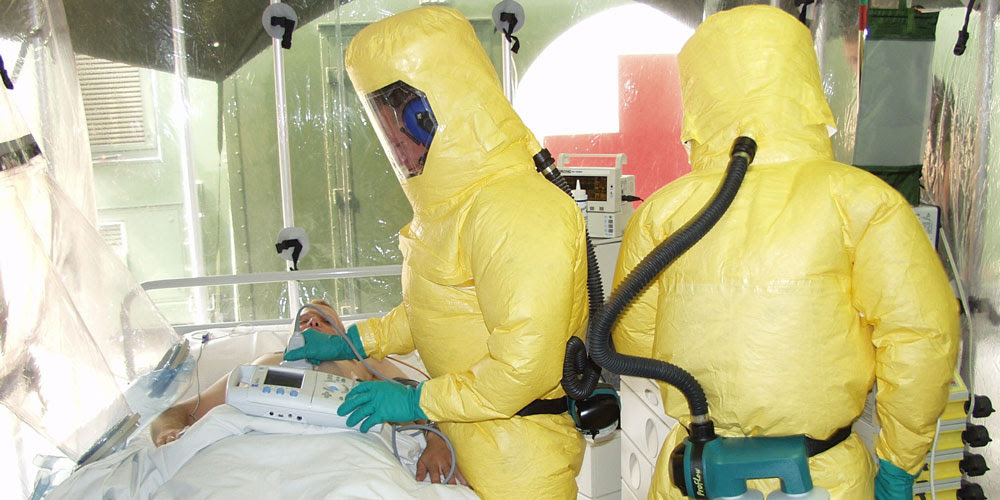
EBOLA UPDATE
Running from Ebola
On May 20, 2018 a total of 51 cases of Ebola virus were reported in the Democratic Republic of Congo, including 28 confirmed, 21 probable, and 2 suspected.
Unfortunately, the virus has now also spread from the rural and sparsely populated areas of Bikoro to Mbandaka, a city of 1,2 million that lies on the highway of Africa, the Congo river which is the second largest river in the continent.
Hospitalisation and isolation from healthy people are key measures in the control of Ebola, but aid organisations are facing difficulties in conveying this to the local public. Three patients have left of their own accord from the isolation zone of the Wangata hospital in Mbandaka city between Sunday and Tuesday, said Henry Gray, emergency coordinator for Medecins Sans Frontieres, or Doctors Without Borders. Two of them have subsequently died.
The aid organisation asserts that forced hospitalization is not the solution to this epidemic. Experts emphasize that more community engagement is needed to prevent the spread of the deadly virus.
Promed
CBS News
Lessons learned
Many lessons were learned in the outbreak four years ago in West Africa that are being put to use now. The international infectious disease community was then criticized for its slow response. Now it has been quick to act, with the global health community prioritizing coordinated emergency preparedness and response.
Tedros Adhanom Ghebreyesus, the WHO's director general, made an early visit to Bikoro to demonstrate the urgency of the situation. WHO's new Contingency Fund for Emergencies has also made cash available to responders far more quickly than in the case of West Africa. WHO is also working in close partnership with several other organisations in the field, such as the Doctors Without Borders mentioned before.
In addition, propelled by the West Africa outbreak and the overwhelming public anxiety it engendered, researchers have developed new tools.
For the first time, vaccination will play an integral part in the response to an Ebola outbreak. Whether these responses together prove effective enough to contain the epidemic will become apparent in the days and weeks to come.
Challenging vaccination
WHO has already sent a vaccine developed by Merck to Congo. The vaccine has shown 100% efficacy in individuals in clinical trials, but more conclusive evidence is needed regarding its capacity to protect populations through "herd immunity”.
A "ring vaccination" campaign has began on May 21, 2018 targeting everyone who has lived with or visited a confirmed Ebola sufferer during the current outbreak, and the contacts of those contacts. The plan is to vaccinate around 1000 people during this week alone. The vaccination effort faces numerous logistical, cultural, and language challenges.
The vaccine must be kept in a "cold chain,” and the temperature requirements are very challenging: -60 to -80 C. The region is hot, humid and with erratic power supply.
The vaccine is also still experimental. It has been offered to Congo under a "compassionate use" protocol that demands fully informed, signed consent from every person who receives it. Administering the vaccine will require trained personnel and translators. The resource-poor nations health system however has limited communications, too few trained health workers, strained facilities, challenging vaccine delivery.
